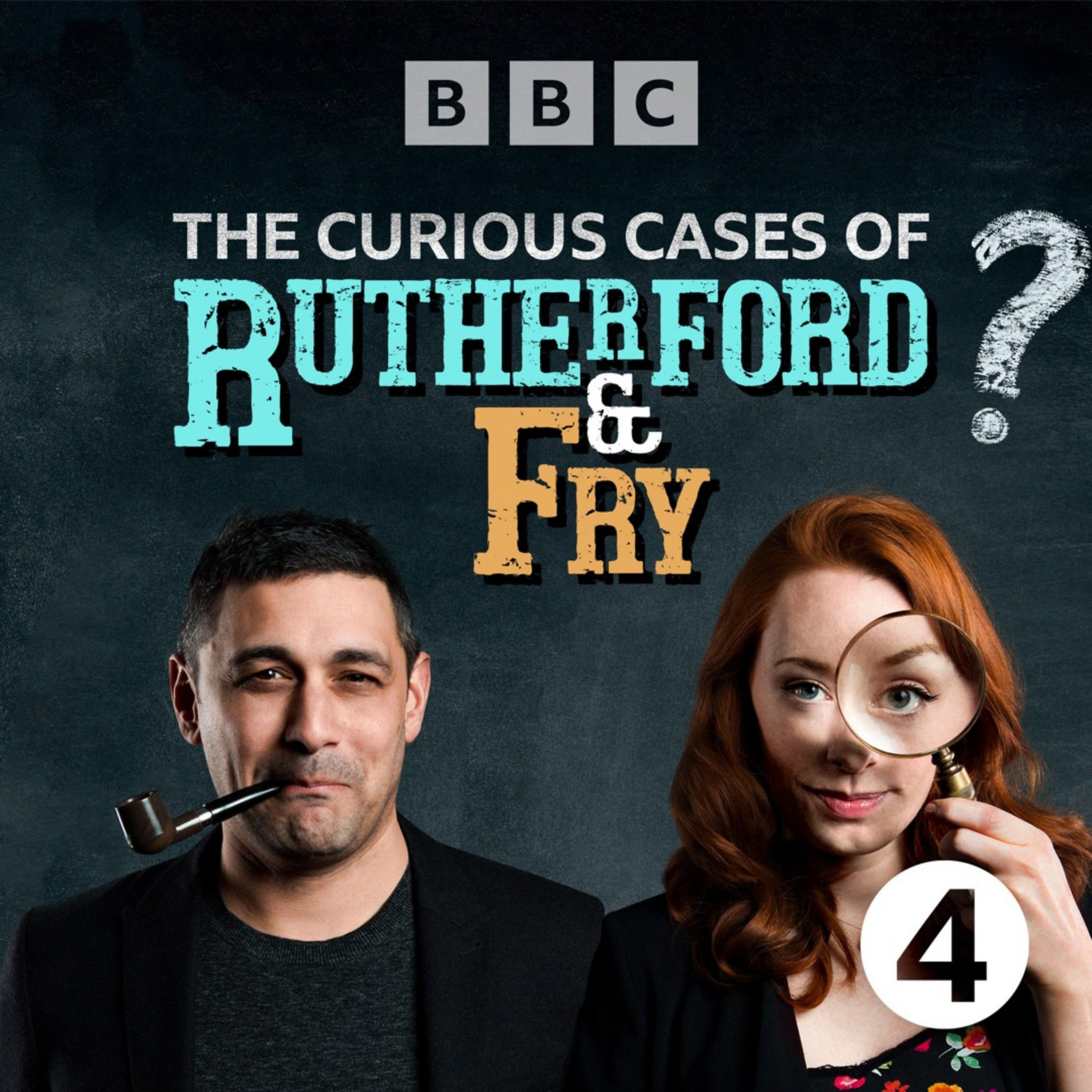The Mystery of the Teenage Brain
‘Why are teens prone to risky behaviour?’ asks Dr Mark Gallaway, ‘especially when with their friends?’
13 year old Emma wonders why she’s chatty at school but antisocial when she gets home.
And exasperated mum Michelle wants to know why her teens struggle to get out of bed in the morning.
Swirling hormones and growing bodies have a lot to answer for but, as Professor of Psychology from the University of Cambridge Sarah-Jayne Blakemore explains, there’s also a profound transformation going on in the brain.
Dr Adam Rutherford and Dr Hannah Fry discover how the adolescent brain is maturing and rewiring at the cellular level and why evolution might have primed teens to prefer their peers over their parents.
Frances Jensen, Professor of Neurology at the University of Pennsylvania, tells us how all these brain changes can impact social relationships.
And Dr Rachel Sharman, a sleep researcher from the University of Oxford, reports the surprising findings from her sleep study tracking 100 teenagers around the UK.
Producer: Ilan Goodman
First broadcast on BBC Radio 4 in February 2022.
Press play and read along
Transcript
Transcript is processing—check back soon.

